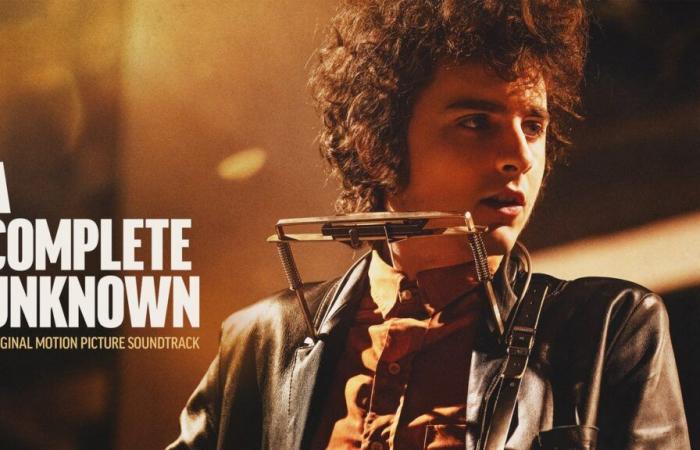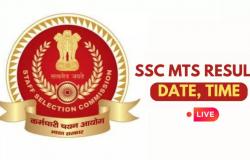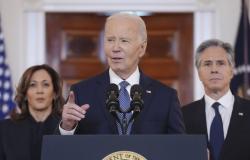It is through Chalamet’s unvarnished performances that the songs are able to do the talking. When his voice strains, flattens a syllable, or sounds more nasal than Dylan ever did, when he sings through gritted teeth, this does the songbook justice by not over-manicuring anything. If you haven’t seen A Complete Unknownthe soundtrack might feel like a funny novelty record, Chalamet’s Dylan karaoke, which in some sense, it is. But in the context of a generational actor portraying a musician who was himself constantly acting, these 23 tracks are more like A Complete Unknown’s audio supercut.
Timmy Dylan—and, on some tracks, his rollicking would-be Hawks—is joined by Monica Barbaro (of Top Gun: Maverick fame) as Joan Baez, Edward Norton as Seeger, and Boyd Holbrook as Johnny Cash, representing the angels and devils on Dylan’s shoulders. These studio recordings were originally intended for use in the movie before Chalamet made the case for playing everything live instead. Norton sings the interactive Zulu song “Wimoweh,” popularized by Seeger’s blacklisted folk band the Weavers, and clearly selected to paint him as hokey. Among the three pristine Baez solo tunes is her haunting rendition of “House of the Rising Sun,” in which Barbaro’s vibrato silences a room on screen as she places her hand over the mic to sing a capella. The Timmy-Monica duets vividly reenact “Don’t Think Twice, It’s All Right” and “Girl From the North Country” (though there’s no evidence Dylan and Baez ever sang this together).
Solo, Chalamet is faithful to Dylan’s acoustic scripture, from sweeping protest poem “A Hard Rain’s a-Gonna Fall” to his ode to expanded consciousness, “Mr. Tambourine Man.” “The Times They Are a-Changing” stands out because it keeps in the movie’s explosion of fan cheers and chorus-catching at Newport ’64, a foil to the following year’s fiasco, as Dylan baits the crowd with bars on bars of “finger-pointing” ’60s idealism insisting the powers-that-be “don’t criticize what you can’t understand!” The movie’s truncations and tweaks to the songs can be baffling, however, like the decision to cut the harrowing epic “Masters of War” down to just two minutes (not to mention how the edit axes the best lyric, “Jesus would never forgive what you do”).
One of the joys of Chalamet’s performances is hearing the dizzying, transformative charge of getting into Dylan for the first time—as did Chalamet, who grew up on the work of Kid Cudi and Lil B. Those palpable kicks push into the red on the “electric” songs with their whirlwind poetry, irreverence incarnate, like the “God say no/Abe say what?” biblical bricolage opening of “Highway 61 Revisited.” I do wish the soundtrack would’ve kept the audience jeers and smashed bottles from the movie’s “Like a Rolling Stone” scene, mixed into the embittered dreamscape alongside the infamous “Judas!” shout (though even the most amateur Dylanologist knows that didn’t happen at Newport). But Chalamet personifies the cool thrill of putting it all together for the first time: “You don’t need a weatherman to know which way the wind blows.” Wait… the answer is blowing in the wind! It’s supposed to be this fun. That first “electric” album—which had already been out for four months before Newport—was called Bringing It All Back Homeafter all. Real-life Dylan was returning to his first love: playing in a band like he did as a Little Richard-obsessed teen. “i accept chaos,” Dylan wrote in that album’s liner notes. “i am not sure whether it accepts me.”






